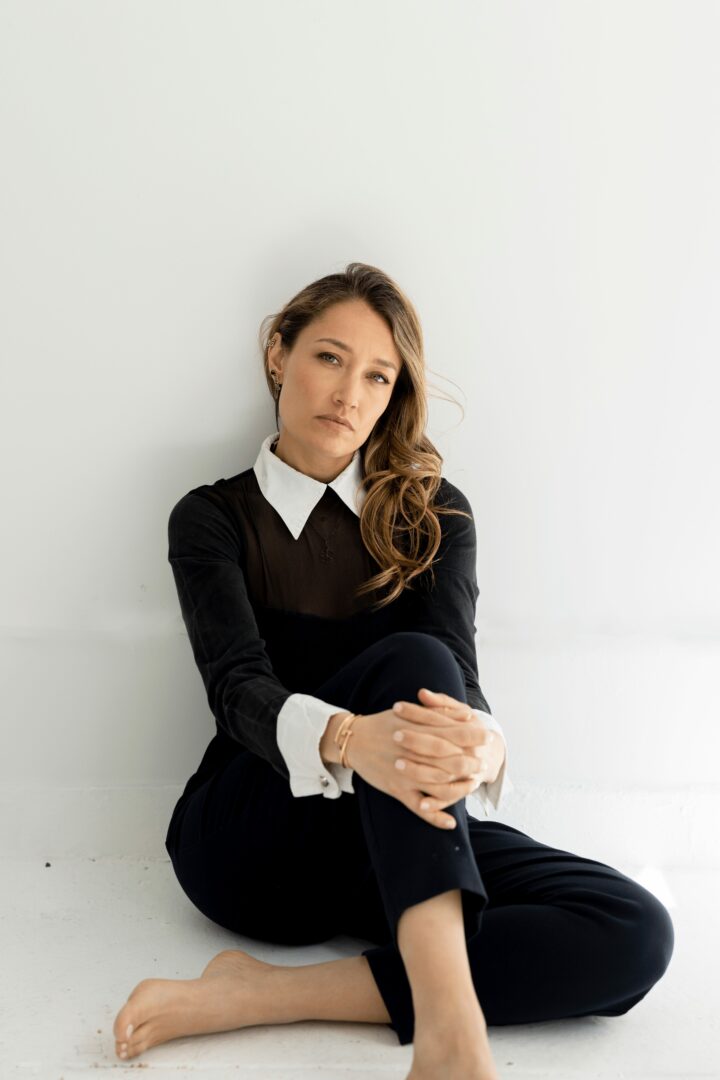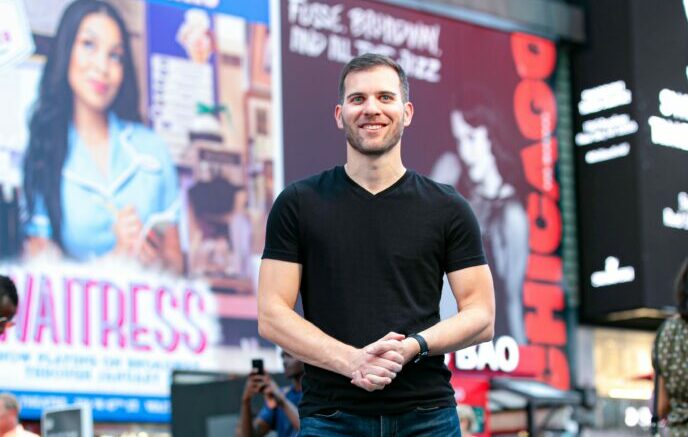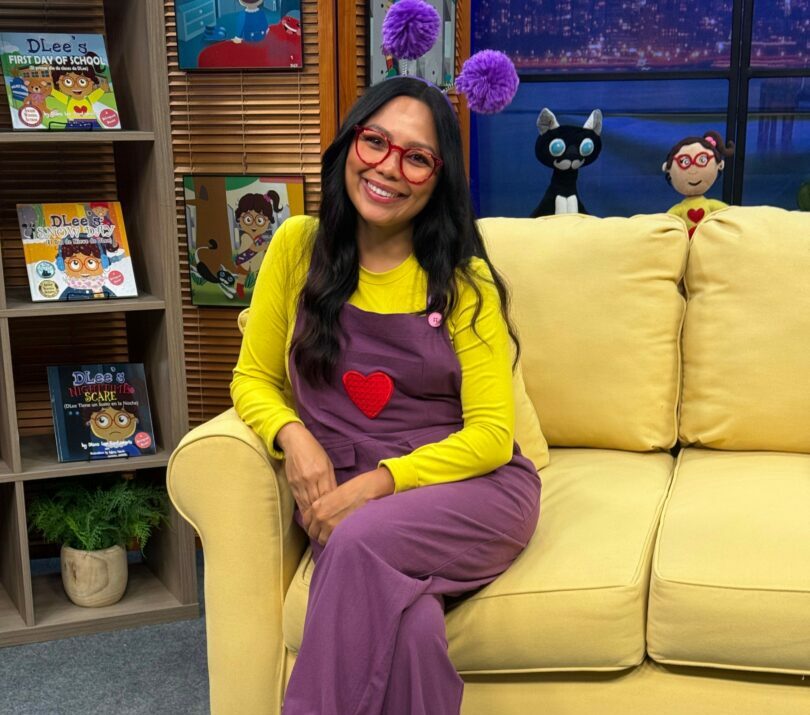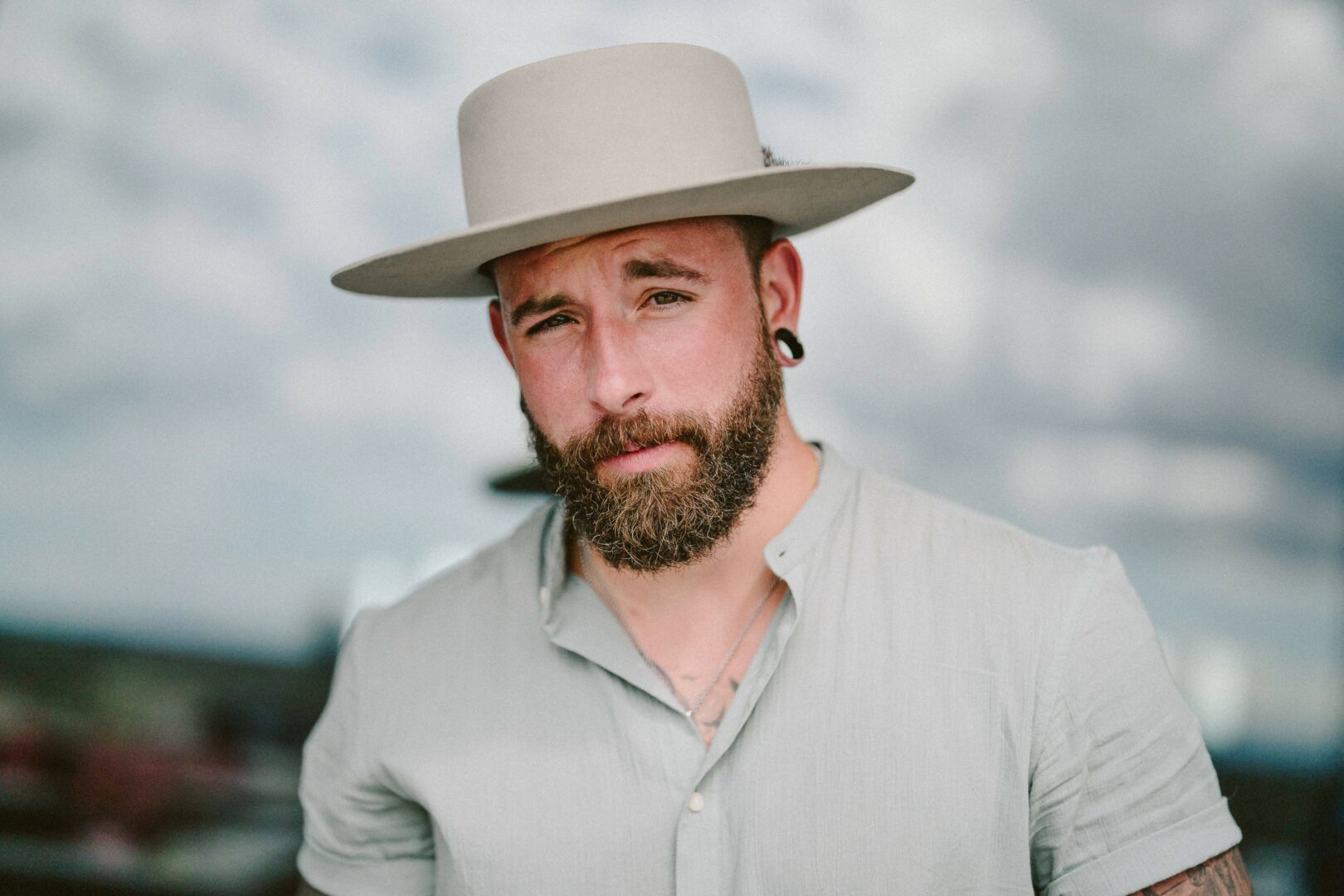We recently connected with Natalia Sandoval and have shared our conversation below.
Hi Natalia, thank you so much for opening up with us about some important, but sometimes personal topics. One that really matters to us is overcoming Imposter Syndrome because we’ve seen how so many people are held back in life because of this and so we’d really appreciate hearing about how you overcame Imposter Syndrome.
I haven’t. Imposter syndrome inevitably shows up when I’m close to a significant breakthrough. A little voice in my head mocks me for thinking I could aim to produce work as good as my peers or the authors I aspire to be in conversation with. And it’s so recurrent that I kind of expect it to happen. By now, I simply think, Oh, here you are! I guess if the opposite were happening, I’d feel anxious or more stressed; what would the absence of that voice mean? That I’m no longer aiming for work that scares me? That I’ve become complacent in my thinking?
I’m trying to say that I’ve learned to associate that voice with something positive: taking risks, being vulnerable, and exploring new questions in my writing. So when that voice appears, I say, You’re still scared. This stuff still scares you. And that’s a good thing for me. But I’ve also had to learn to manage that voice and keep it to a decibel that doesn’t hinder the work.
My strategy is to look back at how far I’ve come. I invoke my younger self and ask her what she thinks of me. Would she even believe we’re the same person? Would she want a do-over or be happy with where I’ve taken us? The answer is not always straightforward. There’s nuance in everything. But I take those conversations seriously and try to keep her in the loop as much as possible. I learn so much from my younger self, and I guide and protect her. We’re always in conversation.

Great, so let’s take a few minutes and cover your story. What should folks know about you and what you do?
I was born and raised in Culiacan, Mexico. When I graduated from university at twenty-one, I received an offer to work for an investment bank and moved from Mexico to New York City. After years of working in finance, I decided to make a big, bold career switch, and I work as a writer now. I’ve always wanted to write, but it wasn’t a smooth transition. Wall Street and the literary world are very different. The pace, the rhythm, the vibe, the compensation, too!
It took me years to stop looking for the sense of worth that comes with a corporate title and gain confidence in my writing. This was partly because the language I’m writing in (English) is my second language, and I chose not to pursue a degree in creative writing.
As a result, finding a community was a bit more challenging, and community has been crucial for me during this transition. To anyone attempting to do what I did, I would advise you to find the right writer’s group and attend a few residences before taking the giant leap. However, it’s different for everyone, and there’s no one way to do it. Although there’ve been moments when the uncertainty feels very scary, I’m still glad I did it. It’s tough to leave the safety of the corporate job, but it’s also very rewarding, and you can always go back if it doesn’t work out.
I used to feel frustrated about not having been able to pursue writing since the beginning of my career, but now I’m grateful. During my finance years, I covered the Latin American region, which meant I traveled constantly and met many interesting and inspiring people and places—I had my share of awful people, too. Those years, speaking at conferences, networking, and trading, taught me so much about how money works, but mainly, they taught me so much about people and their desires. It’s those experiences that inform my writing.
My main project is my novel, which I hope to finish later this year.
I’ve also published several short stories in literary magazines, for which there are links on my website.
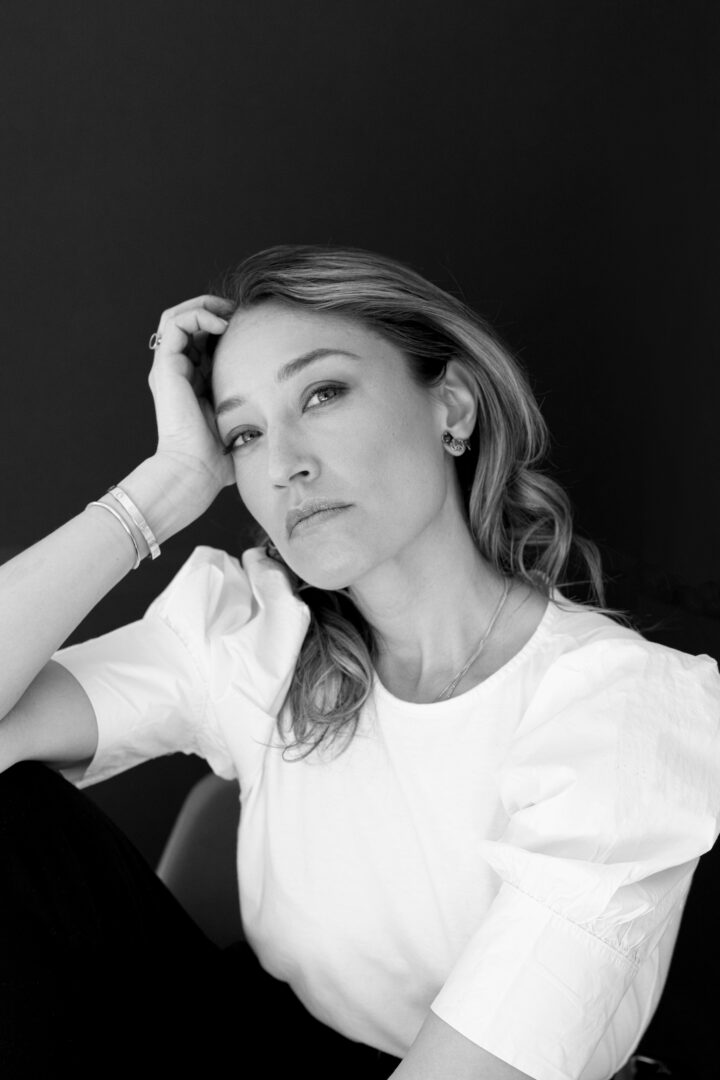
There is so much advice out there about all the different skills and qualities folks need to develop in order to succeed in today’s highly competitive environment and often it can feel overwhelming. So, if we had to break it down to just the three that matter most, which three skills or qualities would you focus on?
When I worked in finance, the hours were very long, and the high stakes and hyperspecialization kept me sharp and focused. The thing about writing is that the world suddenly becomes very interesting. Everyone, everything. So, my attention also became scattered. In my previous job, I hated being trapped in an office most days, but at the same time, I got so much done. So, I remind myself that the freedom to manage my time is great, but it can also be a trap and lead to procrastination. Structure is not the enemy. It can be a great ally in keeping up with writing goals.
I also remind myself that there is strength in being different and that what sets me apart can translate into fresh and original work instead of being the source of my insecurities. Many worlds have shaped me; I’m a Mexican woman, an immigrant, an economist, a writer, a mother, just to name a few. If I can resist being put in a box, so can my writing. I have the opportunity to show that not all finance people are Patagonia-wearing bros, in the same way that not all Mexicans in the US have the same immigration story.
When people urge you to “trust or surrender to the process,” they say it for a reason. I wish I’d paid more attention and enjoyed more back in those years when I wrote frantically for twelve hours straight every day. It was a beautiful time and process, but it would require so much more than that, and I couldn’t see it back then. So patience was one skill I had to develop, which I honestly didn’t have when I switched careers.
I started working at sixteen, left home for good at seventeen, did internships my whole time at university, and was an analyst in New York City by twenty-one. None of my friends had even graduated from school yet. I thought attaining my goals quickly was normal. So, I assumed I’d become successful very quickly as a writer, too. Looking back, I see how much I was in my ego, and I needed to learn to operate from a more authentic, wholesome place.
Ira Glass said something I love about becoming an artist. To paraphrase him, he says that we as artists start with good taste, but our work is not at par yet with the work we admire; there’s a gap. With practice, patience, and a volume of work, the gap will eventually close. He says the difference between the artists who make it and those who don’t is patience. Until you close that gap, it may take years. It did for me.
I’ll also add something here that I need to remind myself of all the time, but it’s very important. Forgive yourself. Hug that earlier version of you. You’re better than her now, but you also contain her. She may not be where you are now, craft and knowledge-wise, but she took that leap; she believed in you. She built the foundation for your current (and future) work. She needs to be appreciated and acknowledged instead of buried and denied.
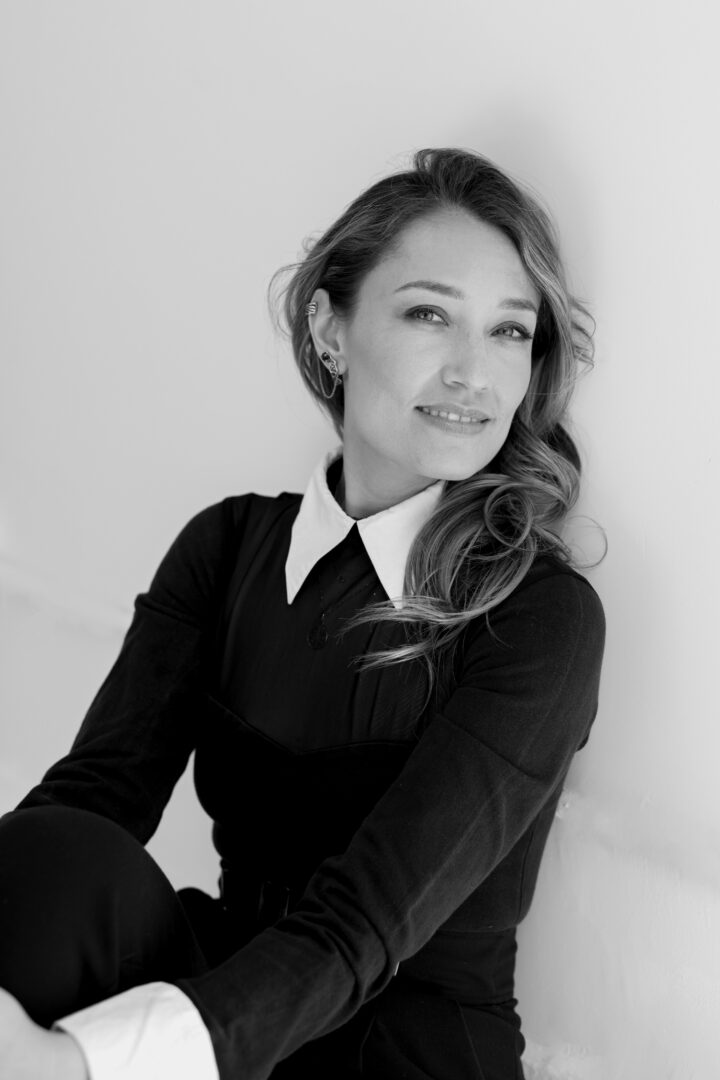
Thanks so much for sharing all these insights with us today. Before we go, is there a book that’s played in important role in your development?
The Artist’s Way by Julia Cameron. My writing mentor, Laia Jufresa, referred me to this book, which unstuck me. Also, I highly recommend seeking/finding a mentor in whatever field you’re pursuing. A mentor is someone who has gone through what you’re going through and who’s probably looking back at you from the other side. This means getting to the other side is possible, and that person will remind you when you need it the most. More importantly, they’ll do it with compassion. They’ve been you, and they know how that feels. Talking to you will bring them nostalgia for their former self, but also, when you look at things from the other side, it no longer feels daunting but exciting, and excitement is contagious.
From the Artist’s Way, I learned that creativity is not confined to what we aim to create; it’s a life practice. In deciding to pursue writing, I wasn’t going against who I was but following my true nature. I also learned to clear the clutter in my mind, and yes, the morning pages do what they intend. And though I don’t do my pages first thing in the morning or every day, they’re central to my process.
Contact Info:
- Website: https://linktr.ee/natsandoval
- Instagram: curiousnats
- Twitter: curiousnats
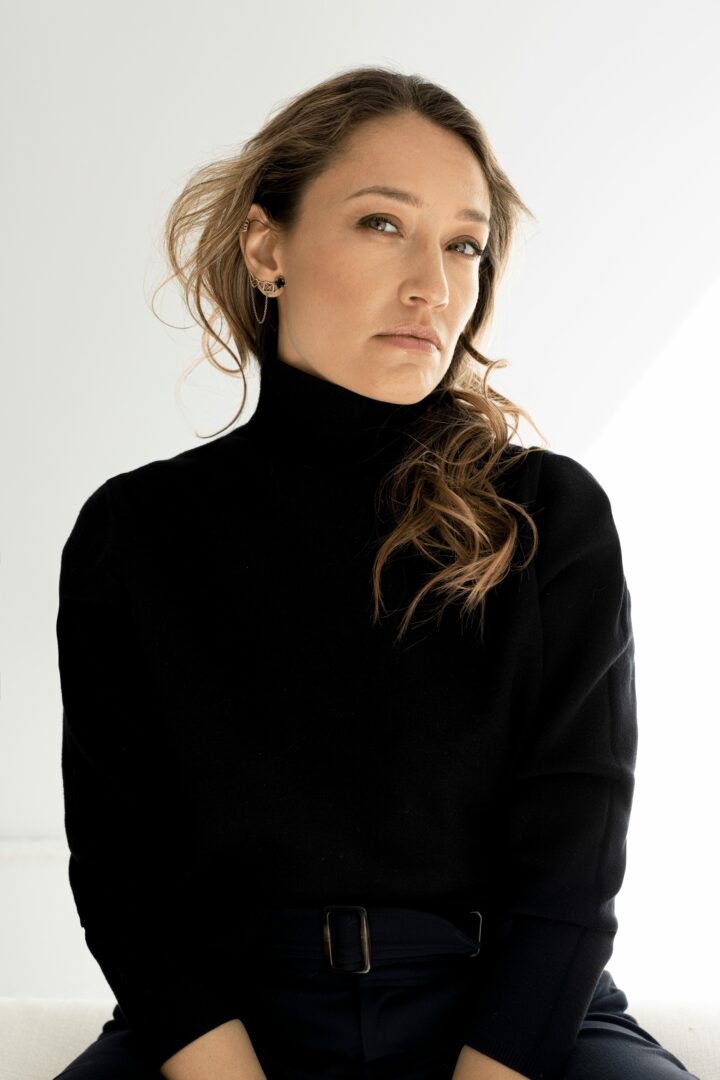
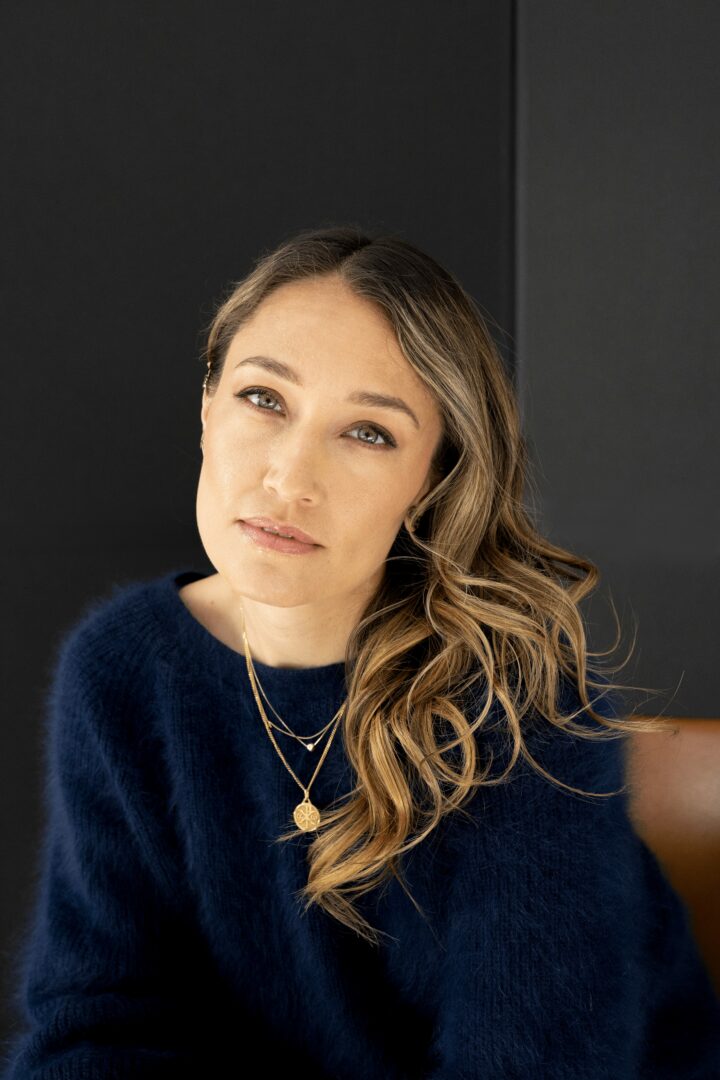
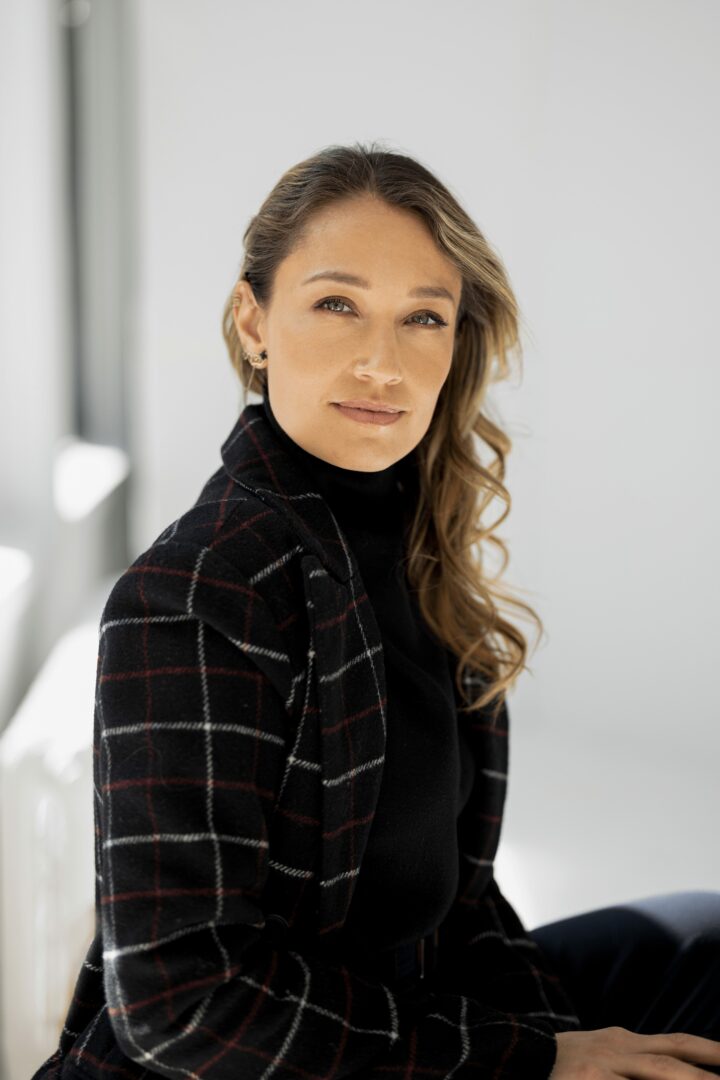
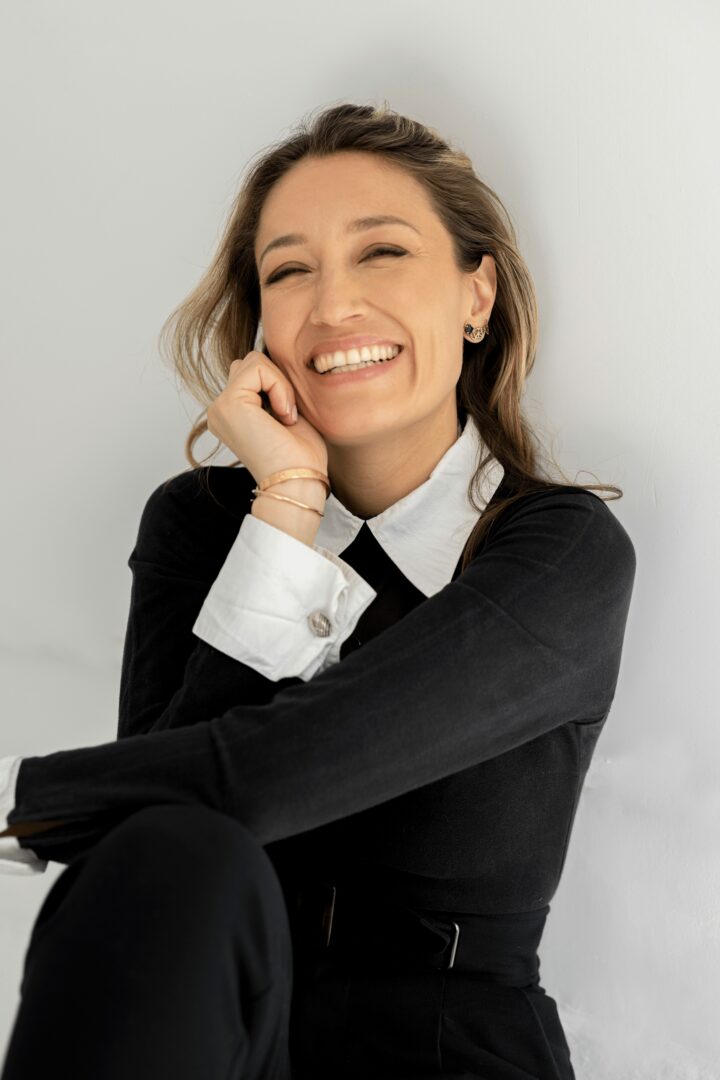
Image Credits
Theresa Balderas
so if you or someone you know deserves recognition please let us know here.

